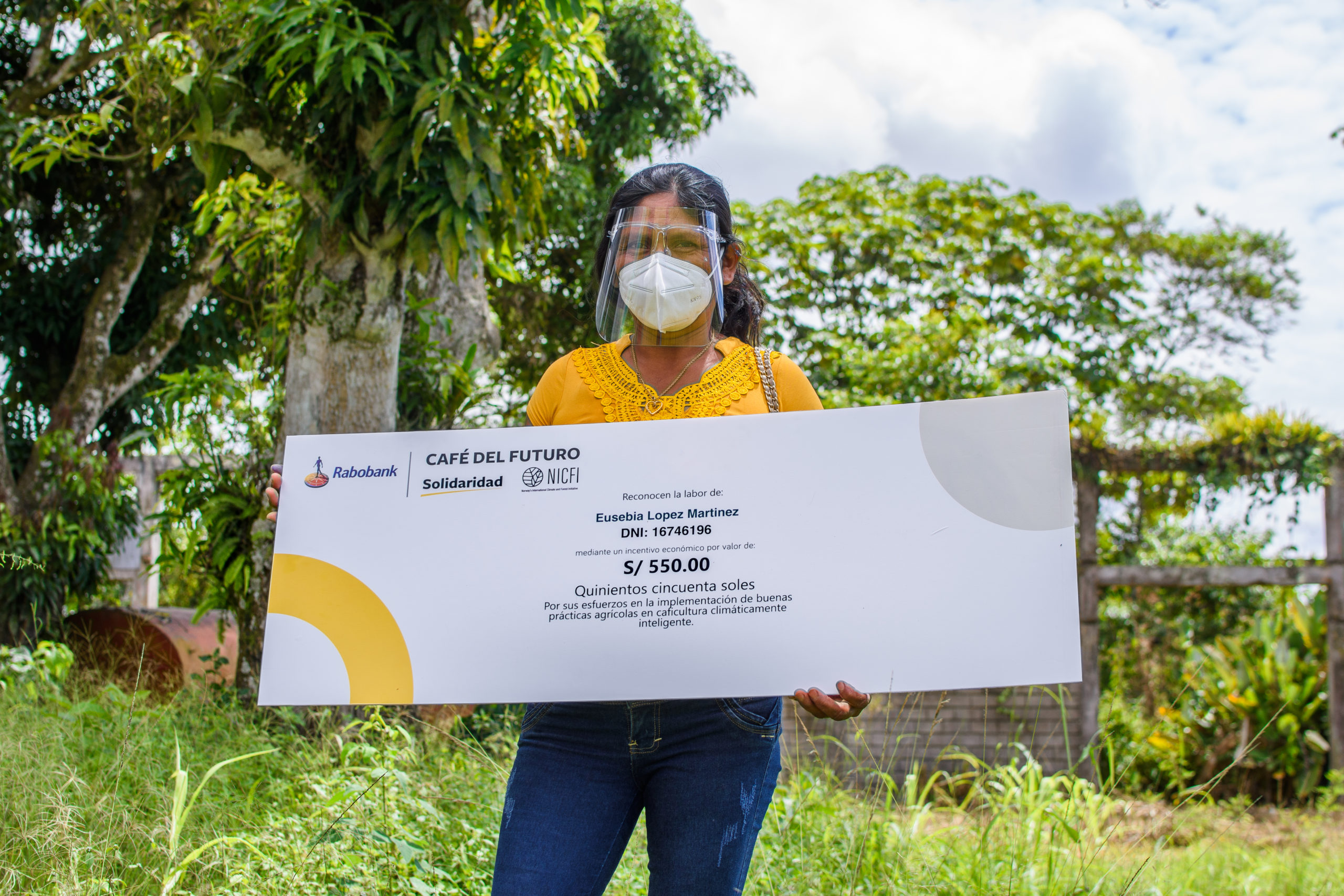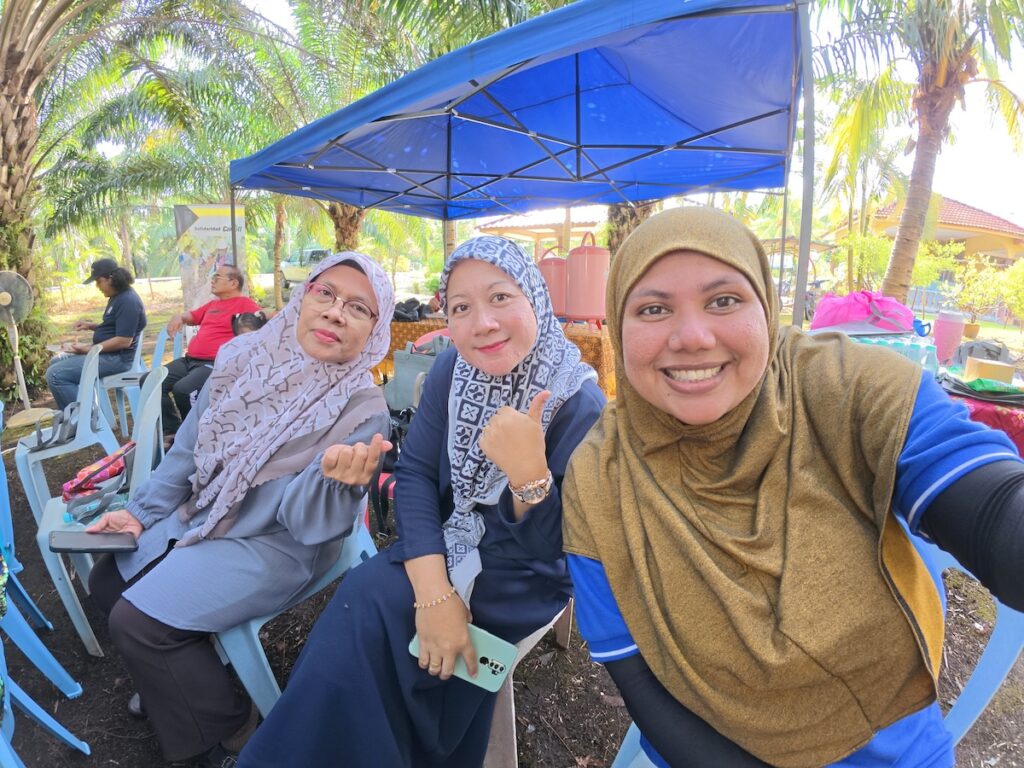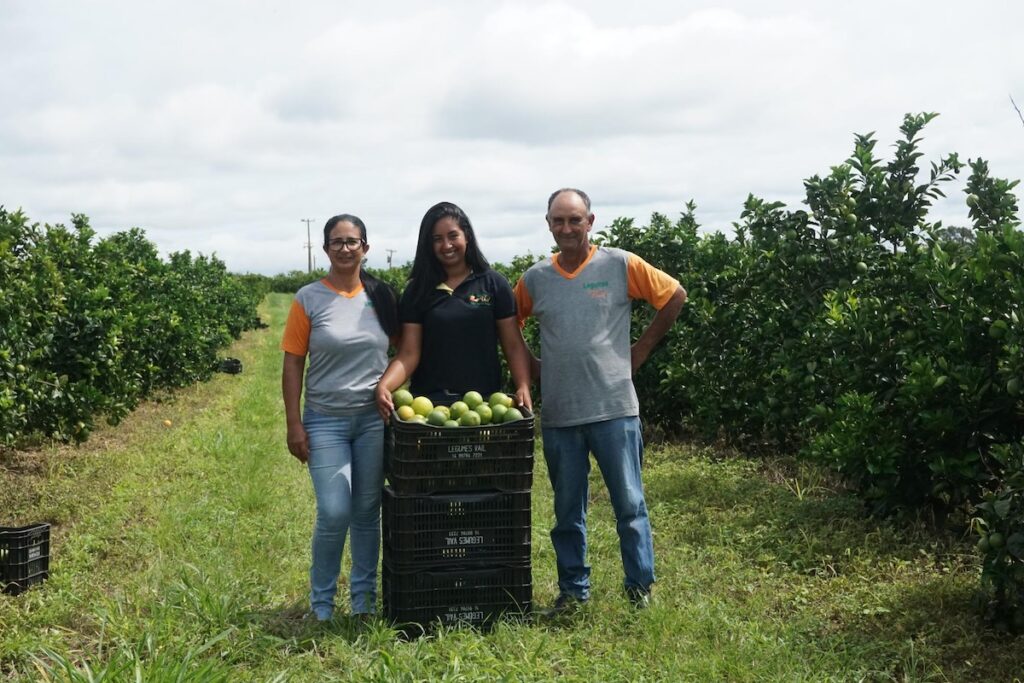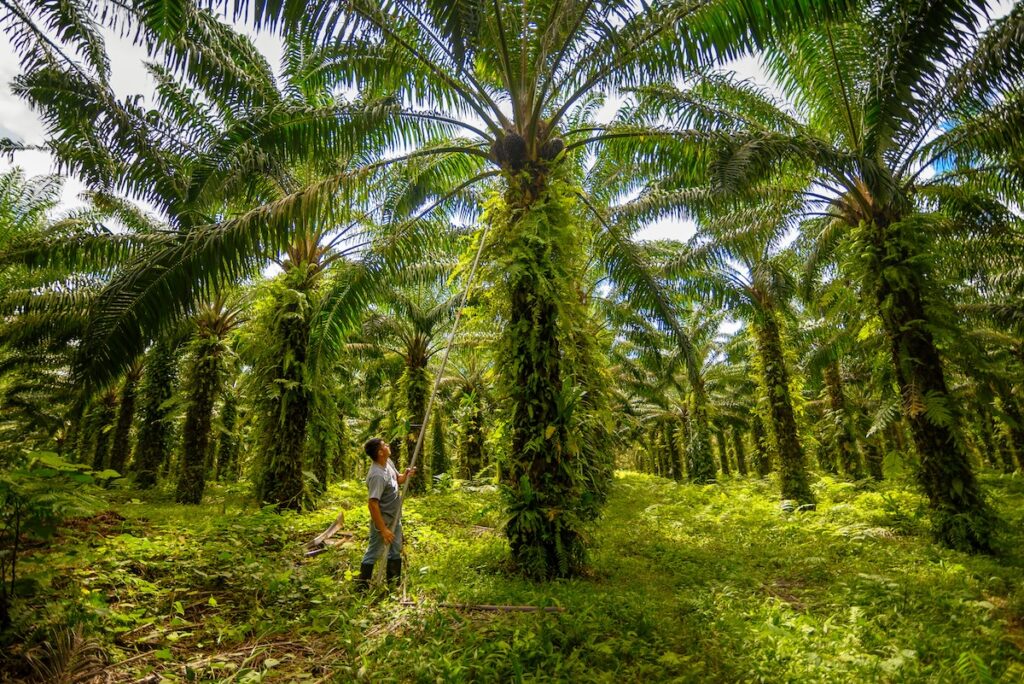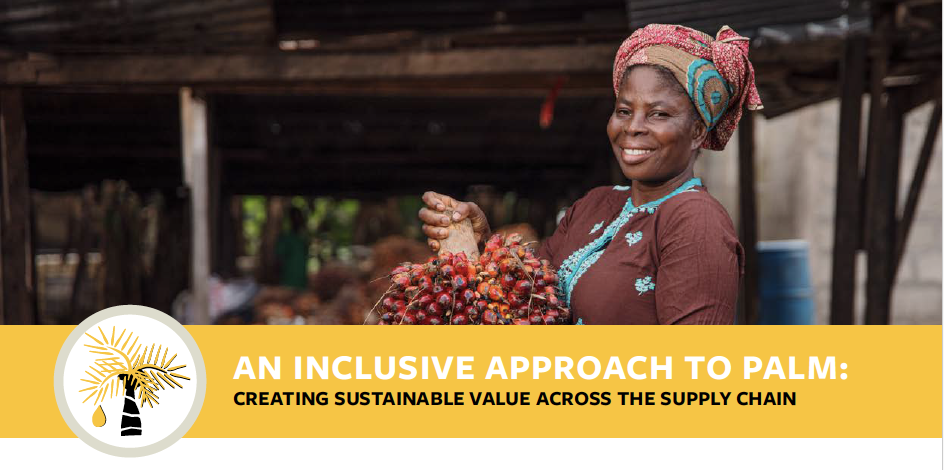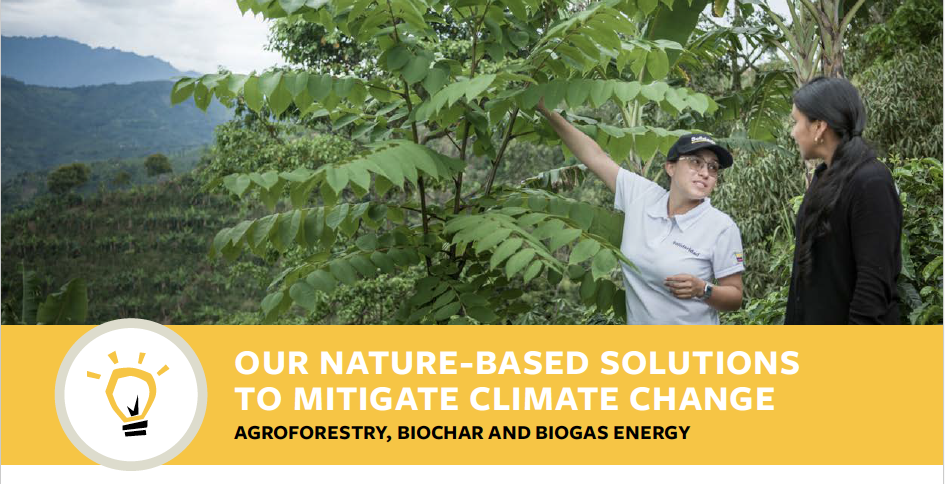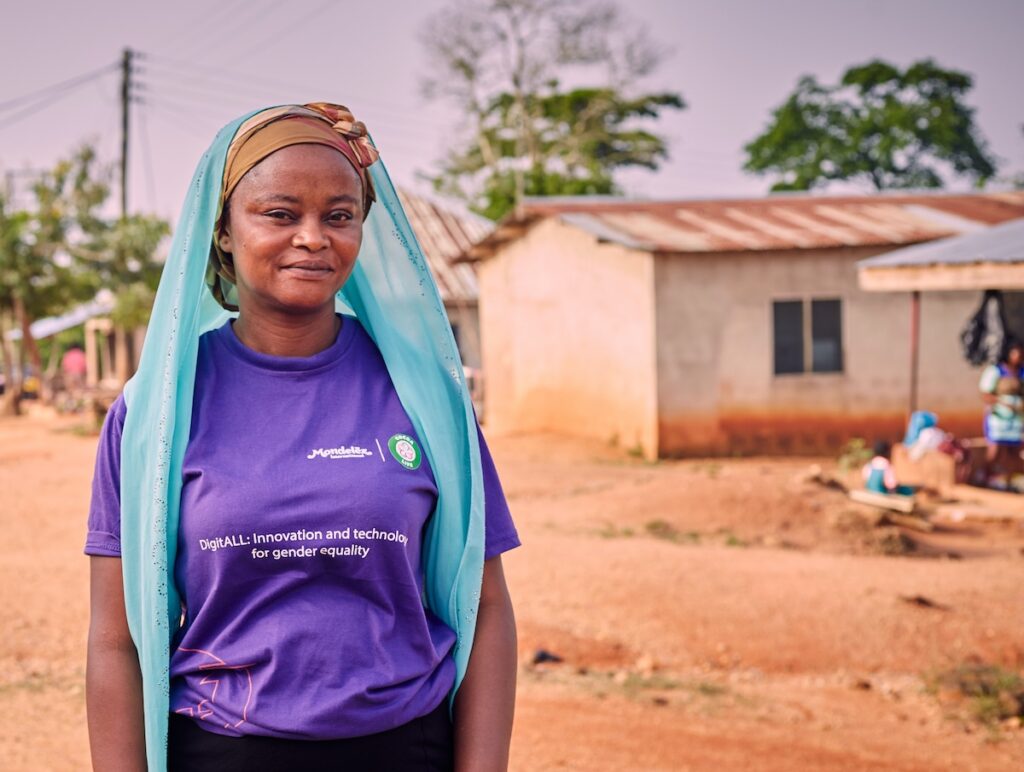Climate change is increasingly impacting global agriculture. On the other hand, agriculture is more and more becoming part of the solution to reduce emissions and mitigate climate change. Smallholder farmers manage about 75 percent of the world’s agricultural land and are heavily impacted by climate change. Agriculture is responsible for 20-30 percent of the GHG emissions globally. Unlocking the potential of smallholder farmers to become a global force for good in addressing climate change has become a joint goal for Solidaridad and Rabobank.
The majority of the coffee we consume is produced by over 12 million small-scale farmers, of which the vast majority lives under or just above the poverty line. These coffee farmers deliver important ecosystem benefits in the form of carbon storage, for which they are currently not being rewarded.
Joel Brounen, Country Manager Colombia explains the potential of carbon mitigation through farmers: “Smallholder farmers have not yet benefited from the carbon market at scale. This is mainly due to the high transaction costs to generate a tradable, unique and independently verifiable carbon asset, historically. In addition, the market generally offered low prices in recent years. However, the market has changed dramatically, due to an increase of net zero emissions of leading global companies such as Microsoft and Nestlé. This offers a unique opportunity for the agriculture sector and food-processing companies to create a win-win situation for the full supply chain, especially for Tier 3 suppliers.”
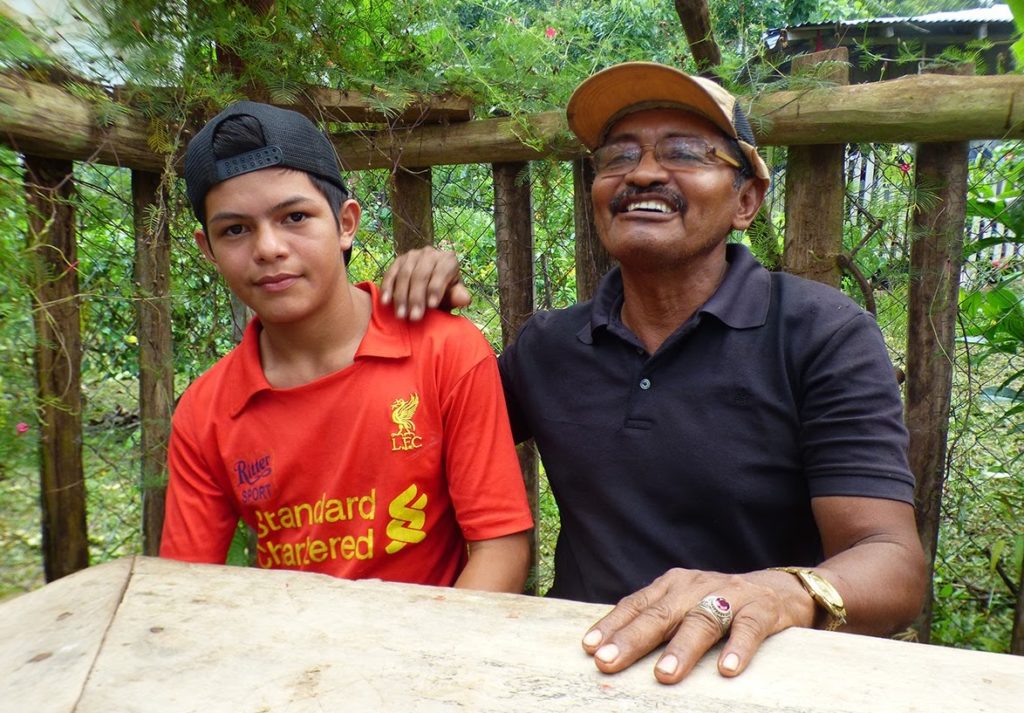
Data for a changing climate
Jordi and his grandfather are part of a support network using to climate information to better care for their crops.
Taking this into consideration, the Agroforestry in Action initiative, from Rabobank and Microsoft in alliance with Solidaridad and NICFI (Norwegian Initiative for Forests and Climate), is implementing a series of pilot projects in Colombia and Peru to provide financial incentives for farmers adopting climate-smart practices and switching their farms to agroforestry systems. As a result, the initiative has supported over 6,000 farmers with inputs, technical assistance and pre-finance to reduce their carbon footprint.
There are multiple benefits of agroforestry for farmers, businesses and the environment. Firstly, the project has reduced carbon emissions through better soil management, fertilizer management and wastewater management. For example, in Colombia on average the participating farms went from carbon positive (1.1 tn CO2 eq/hectare) to carbon negative (0.5 tn CO2 eq/hectare) within three years of implementation (see graphic). Secondly, the project has increased coffee density and the planting of shade trees to increase carbon sequestration. Also, the project has enabled farmers to increase quality and consistency of their produce as a result of the increased resilience provided by the climate smart farm practices. Productivity of the participating farms went up by 15-20 percent over a period of three years.
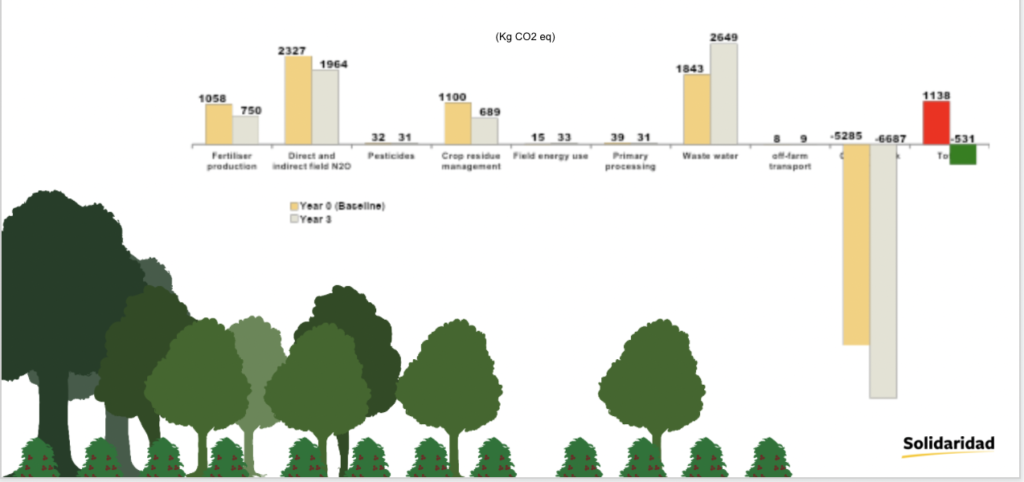
For his part, Jelmer Van De Mortel of Rabobank stated: “What started as an idea, about a year ago, today has resulted in the first transaction of many. At the moment, we have supported about 100 producers in Peru, Colombia and Brazil. We have a huge ambition, we want to support more than a million farmers in the following years. And we are sure we can achieve it.” The agroforestry specialist of the globe´s biggest agriculture bank welcomed coffee growers to the international carbon credit market with this first transfer, which is expected to be the first of many. Rabobank ensures through satellite data the verification of the provided tree-based credits. More advanced technology in recent years has allowed the newly developed platform by Rabobank to perform verification processes at reduced costs, creating a breakthrough for farmers to enter the international carbon market.
The results of these first pilots have been promising. Since the farmers integrated climate smart practices in their farms, their living incomes have increased and diversified through the sales of carbon emissions. First estimates indicate that farmer household incomes have gone by up to 20 percent. This in turn improves community livelihoods, and triggers broader behavioural change regarding farming practices and forest conservation, while ensuring social co-benefits in the form of climate adaptation investments for communities, which also secure the productivity and health/resilience of coffee plantations for future generations.
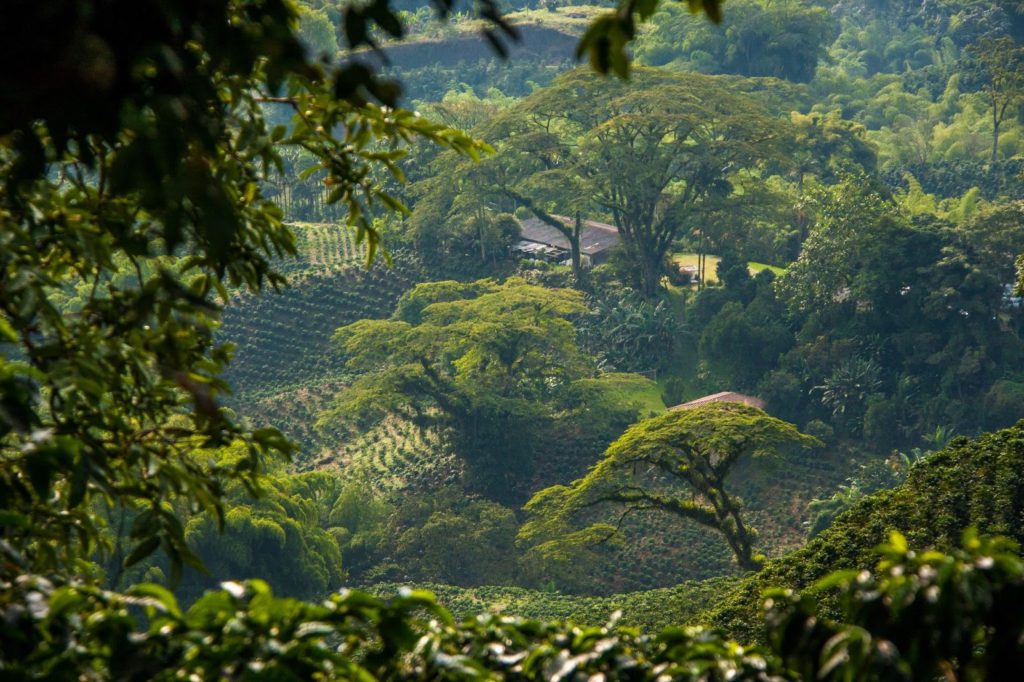
Ada Lis Rosell, Country Manager Peru, explains that these types of initiatives not only help protect forests and the environment, but also generate other additional benefits for the sector: “The importance of encouraging these practices lies in the fact that the coffee producers not only contribute to the environment, improve their productivity and the quality of the coffee they produce, but also generate other competitive advantages that they did not have before. This is especially important now that more and more international markets demand traceable and deforestation-free coffee.”
Solidaridad and Rabobank are currently scaling the pilots to include new clusters and regions. By 2022 more producers will be included in this financial incentive system for climate-smart practices. Solidaridad supports these farmers with registration, ground analysis and technical support. Rabobank ensures through its trading platform that the producers will be compensated each year for the reduction of greenhouse gas emissions.
For more information
Joel Brounen Country Manager Colombia
Ada Lis Rosell Country Manager Peru

